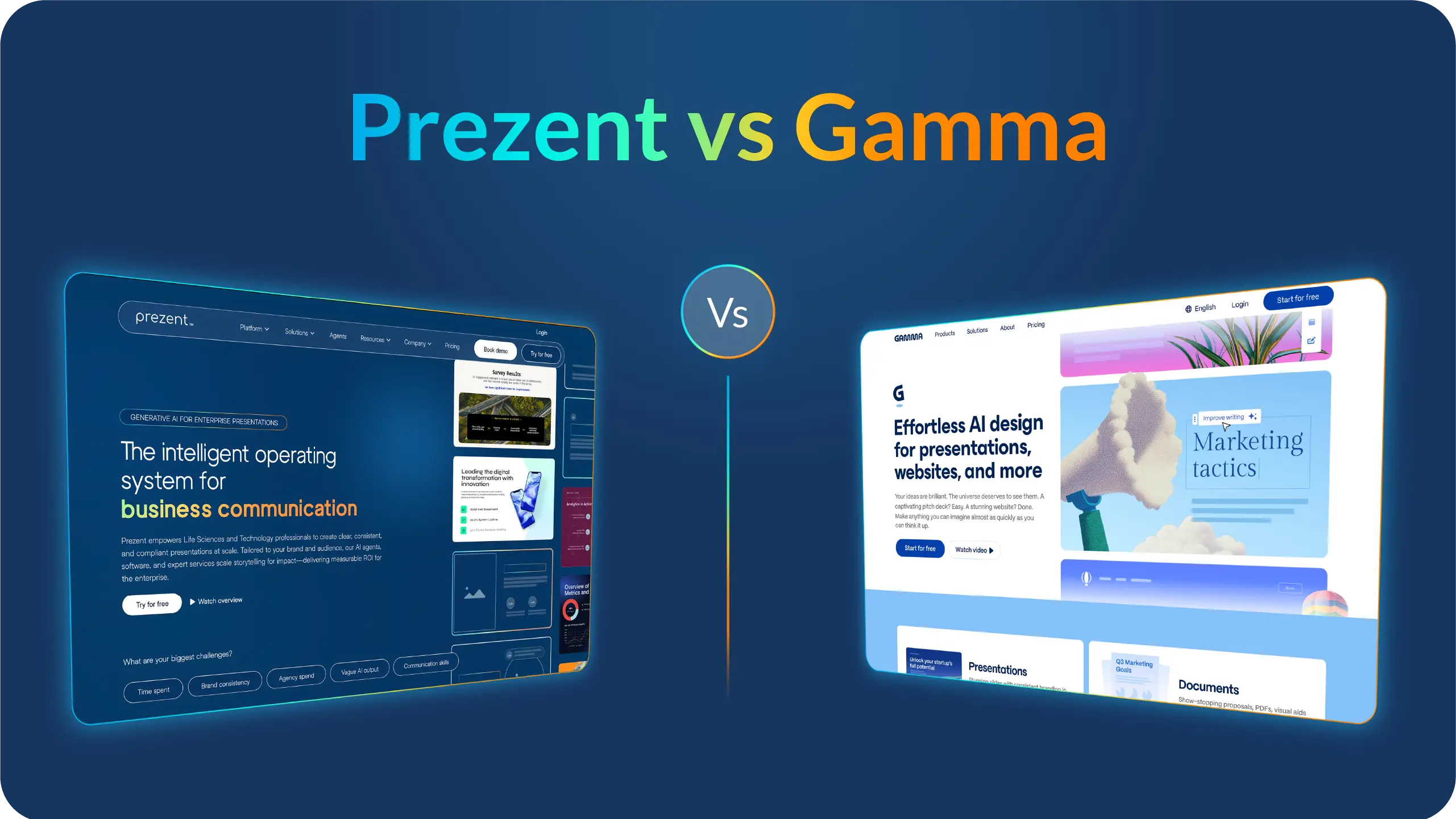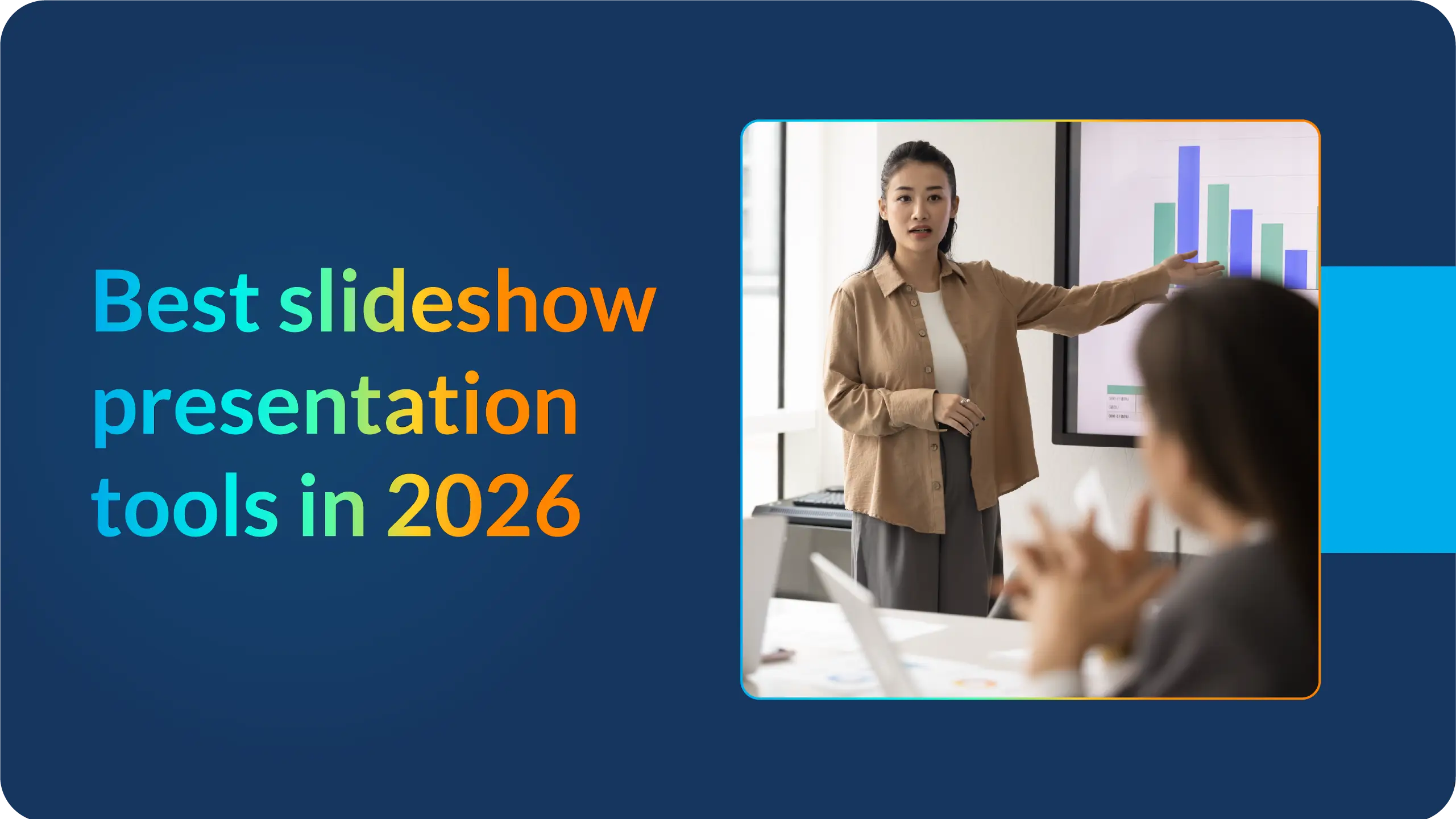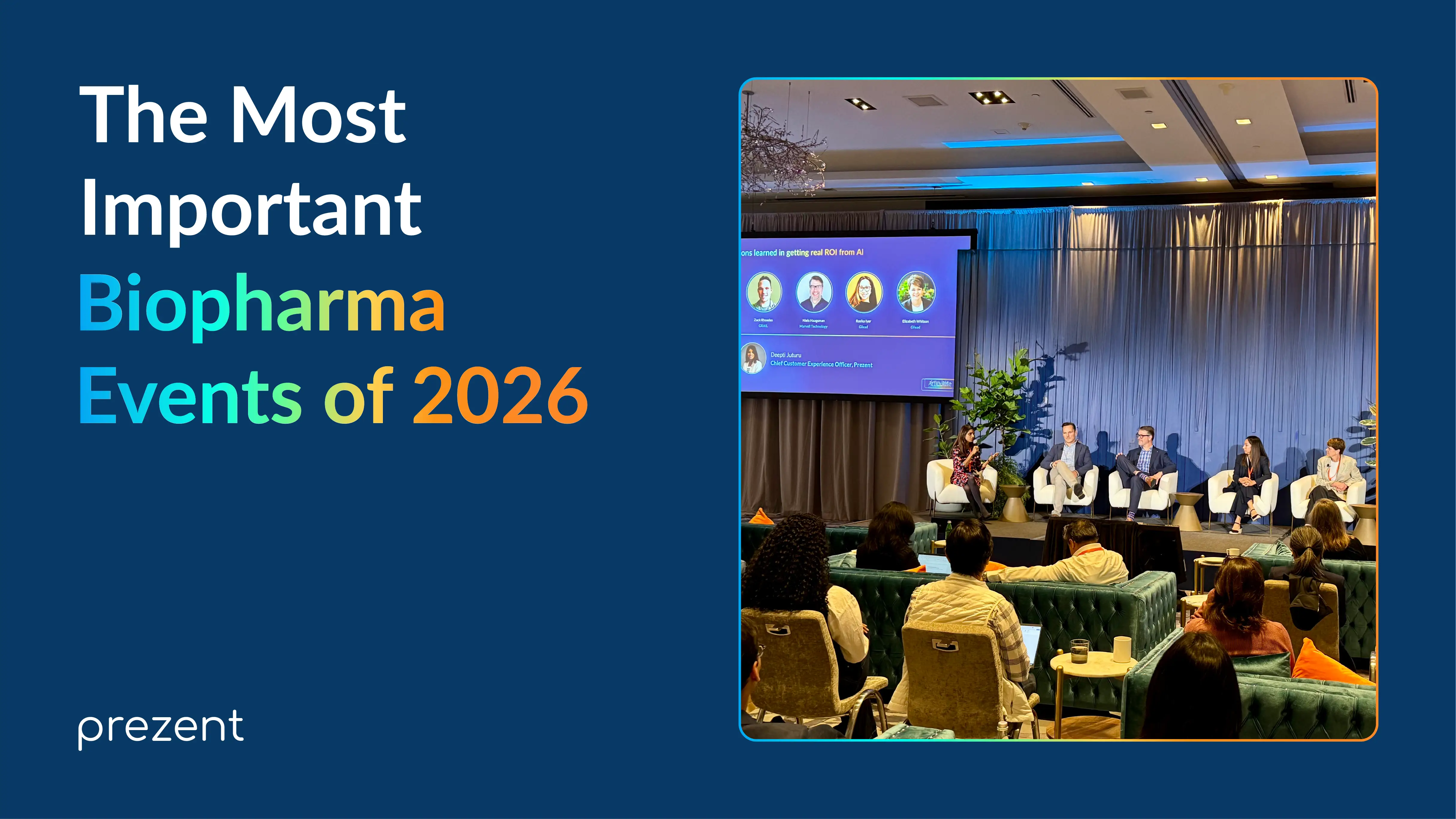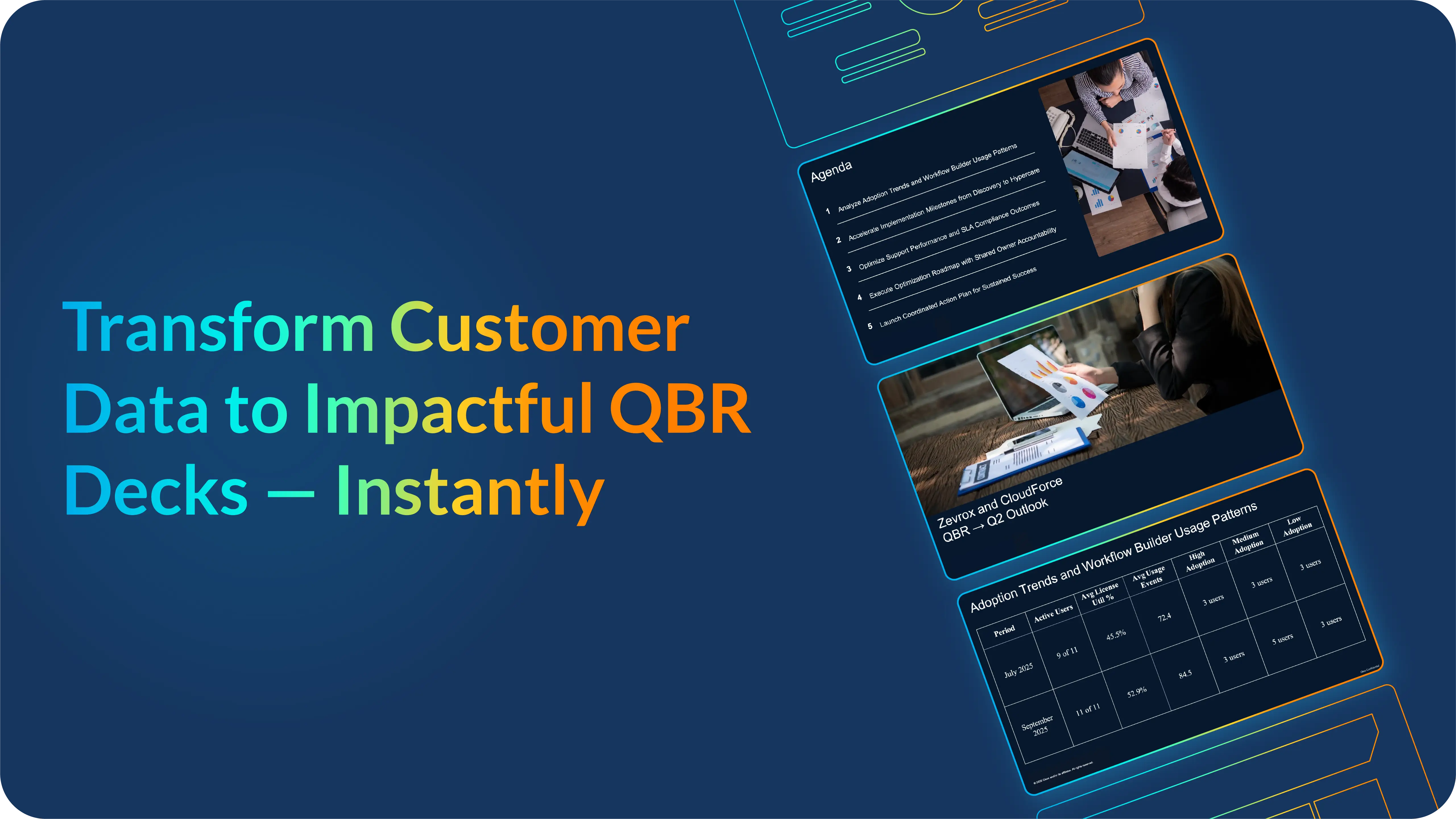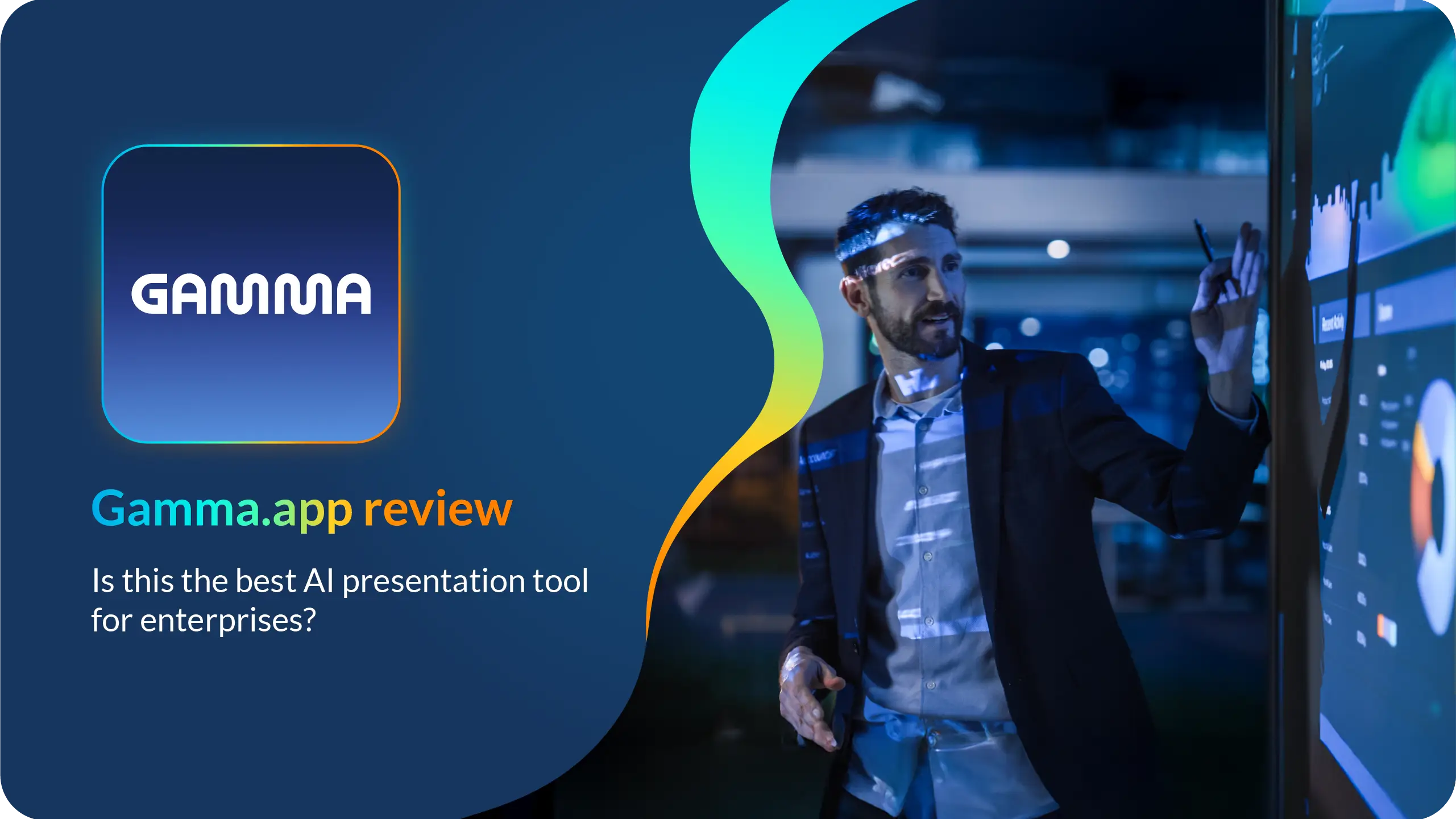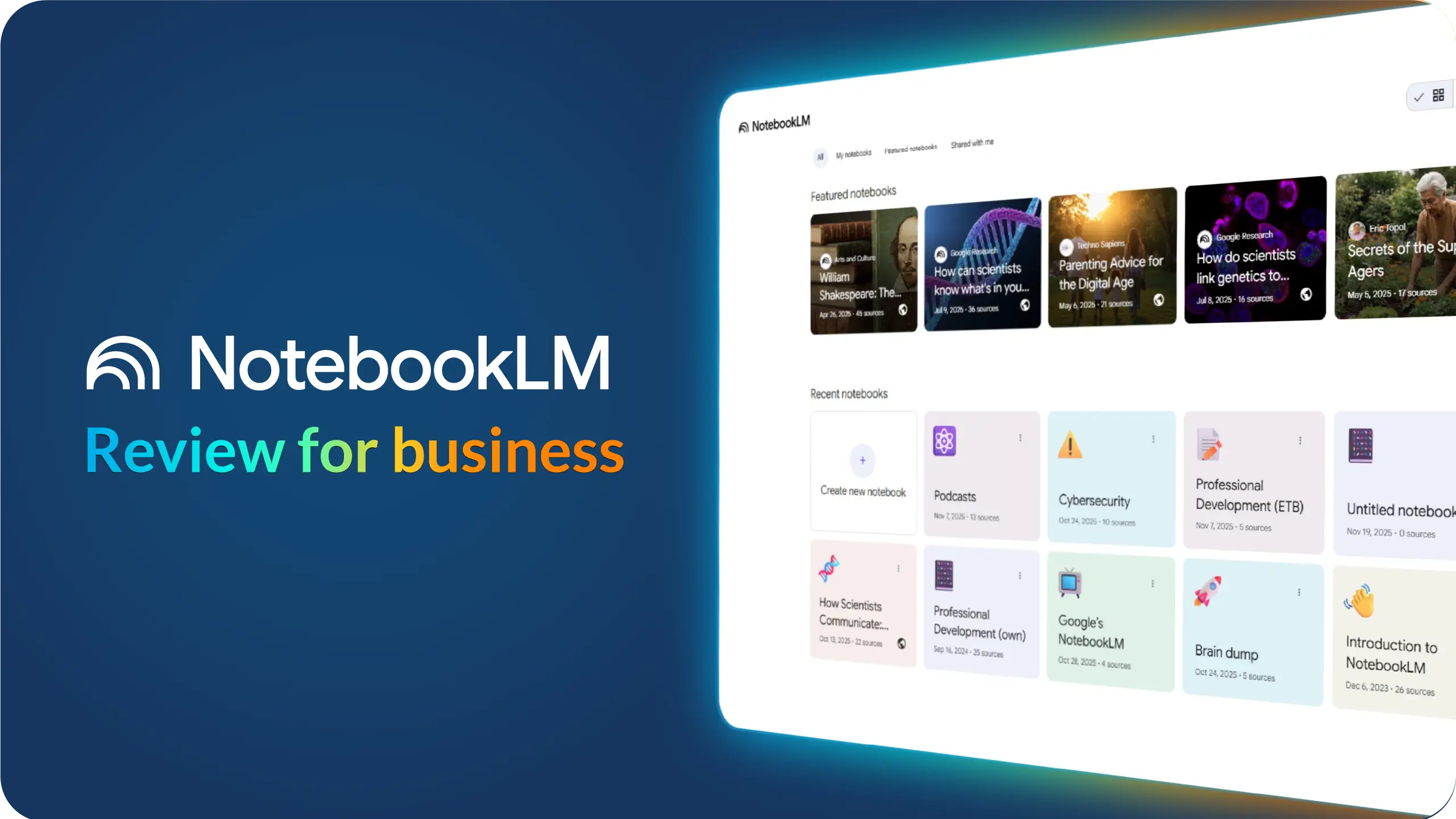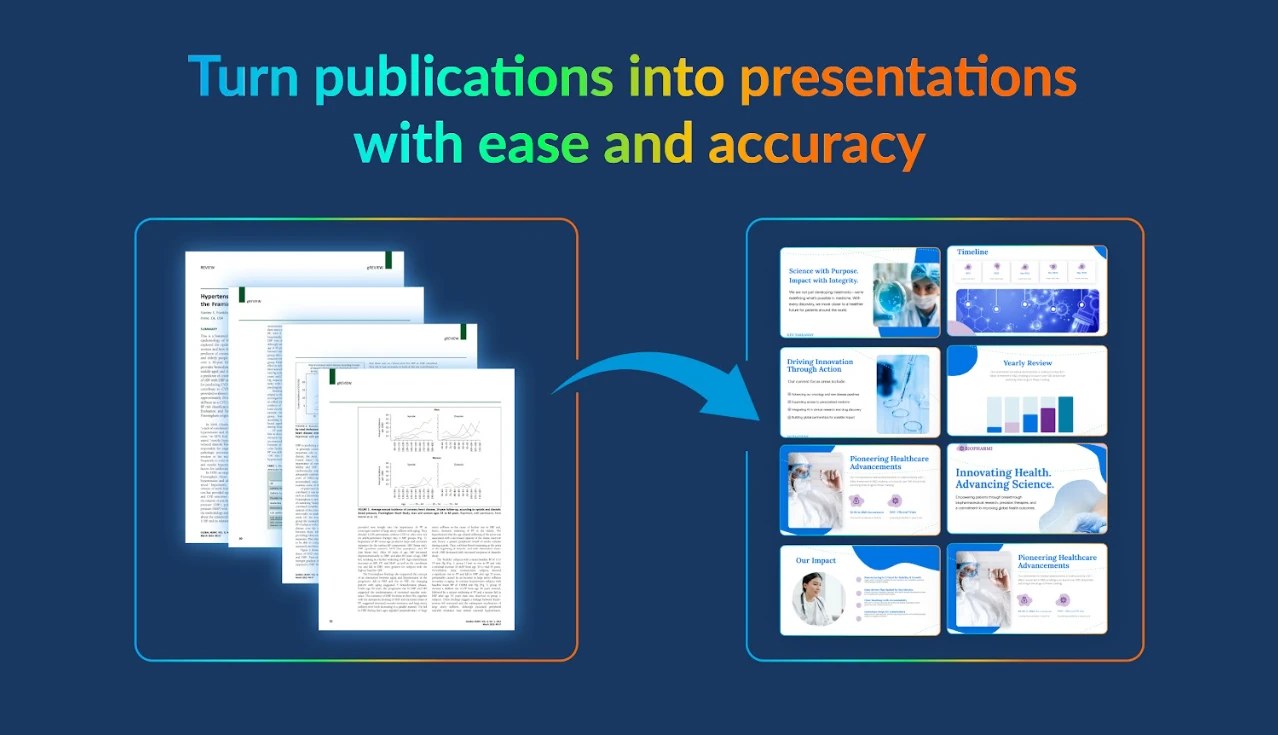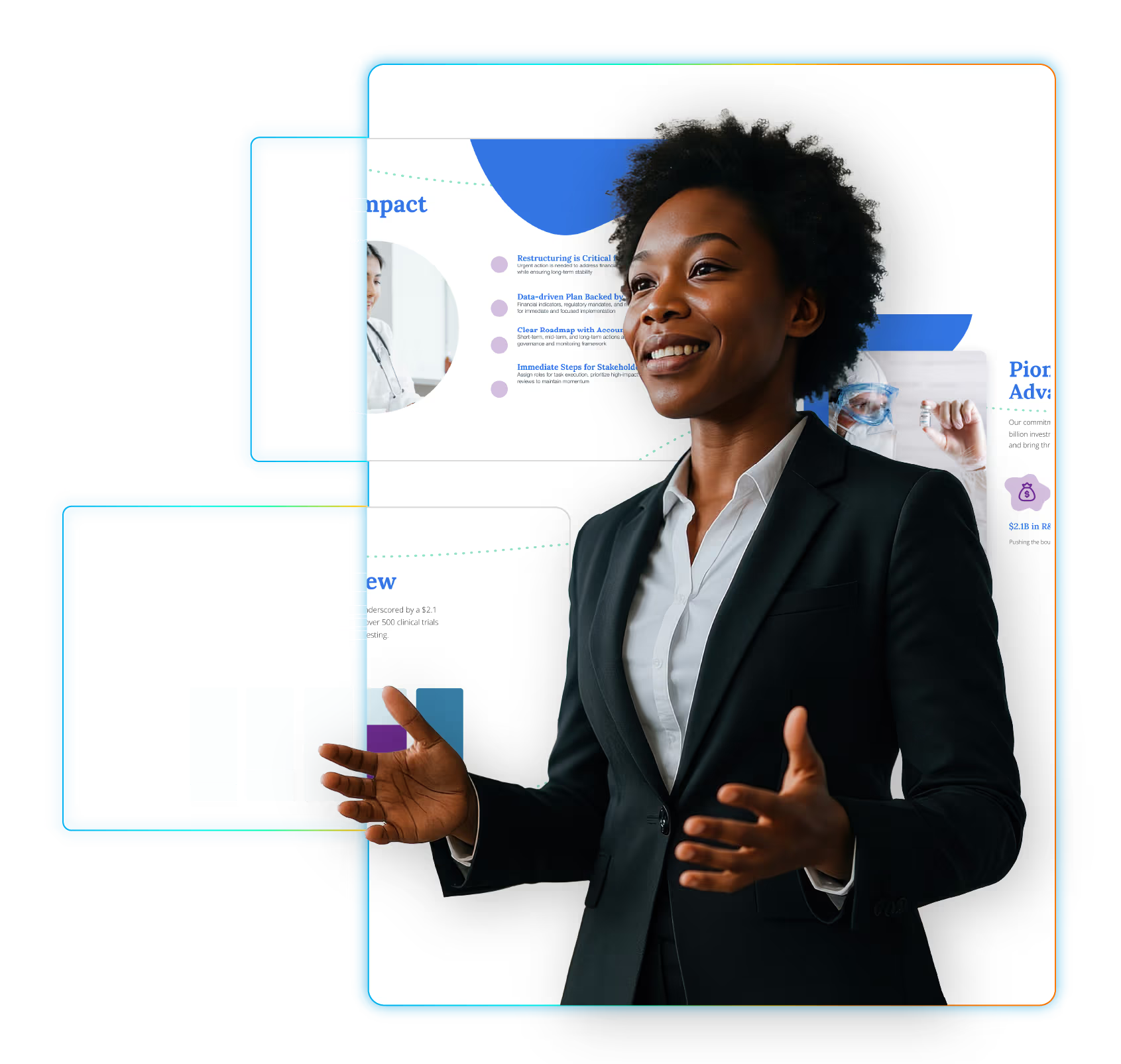Revolutionizing Healthcare: The Power of Artificial Intelligence

Artificial intelligence has taken the world by storm, impacting all industries in a major way. Among these industries, the implementation of AI in healthcare has been nothing short of fascinating. Given its ability to take in and analyze vast amounts of data, and provide valuable insights, AI has proven to be a worthy adversary of many traditional healthcare resources. Just earlier this year, AI made a major stride in the field of medical development. The Good News Network released an editorial that declared that an antibiotic molecule had been discovered by an AI supercomputer that kills Acinetobacter baumannii – “one of the most dangerous antibiotic-resistant bacteria.”
Being an antibiotic-resistant molecule, A. baumannii is known to cause numerous infections among vulnerable individuals with pre-existing immune system issues. Some of these infections include pneumonia, sepsis, and meningitis. Nevertheless, AI was able to create a compound that actively destroys these infections, and “the newly discovered compound was named abaucin.”
The discovery of abaucin spurred discussion among many medical officials into how effective AI can be as a tool to combat antimicrobial resistance. Given that the supercomputer was able to use algorithmic pattern deduction to discover abaucin, researchers are interested in whether it can also discover cures for other harmful diseases. According to Dr. Jonathan Stokes, of McMaster University, “using AI, we can rapidly explore vast regions of chemical space, significantly increasing the chances of discovering fundamentally new antibacterial molecules.” Here are some ways in which AI can steadily improve healthcare as a whole, both from a medical perspective, and a care perspective.
Accelerating Drug Discovery
The traditional way of discovering new drugs and chemical compounds is both time-consuming, and costly. AI is simplifying this process by leveraging machine learning algorithms to analyze plenty of data whilst simultaneously predicting drug candidates.
Predictive Modeling
AI algorithms are capable of scanning databases that consist of chemical compounds, genomic information, and previous findings on antimicrobial activity. Therefore, the repetitive nature of these assessments and identification of patterns among data can assist AI with discovering the likelihood of certain compounds being effective against resistant microorganisms. Dr. Jonathan G. Fyre, a microbiologist at the US Food and Drug Administration stated that “AI can assist in identifying novel antimicrobial compounds and repurposing existing drugs to combat resistance.”
Virtual Screening
AI powered screening methods allow for the screening of thousands of compounds all at once. When you consider how timely this is, you get a feel for how much quicker screening can be in comparison to traditional methods of screening. In the grand scheme of things, this would significantly ramp up the drug discovery process and in turn increase the chances of finding effective antimicrobial agents.
Optimizing Treatment Plans
AI is showing more and more why it works as a feasible way to optimize treatment plans and help healthcare professionals make evidence-based decisions.
Predictive Analysis
Through its ability to analyze patient data, access medical records, and look at clinical indicators, AI algorithms can create predictive models to assist clinicians in making informed decisions. These models make it easier for medical advisors to see which patients are at higher risk, and create a foundation for antibiotic prescribing that is easy to follow. Additionally, they can help with finding proper dosing regimens to improve overall patient health at a quick and steady pace.
Decision Support Systems
AI powered support systems are able to create real-time recommendations that are compiled from the latest guidelines and scientific evidence. These systems not only suggest the most appropriate antibiotics, but rather can also find proper treatment durations based on the resistance patterns and characteristics linked to the patient. Dr. Neil O’Brien-Simpson, a Professor at the University of Melbourne stated that, “AI-driven decision support can enhance clinical decision-making and promote responsible antibiotic use.” Issues with inaccuracies in prescriptions and diagnoses can be fixed with a more accurate assessment of data.
Transforming Patient Care
AI has brought forth personalized health care with improved aspects of patient monitoring.
Remote Patient Monitoring
AI powered wearable devices and sensors allow medical professionals to keep a closer eye on patients’ health in remote conditions. These devices will enable a more open way for doctors to keep track of how their patients are doing even when they are not in close proximity.
Early Disease Detection
AI algorithms have proven to be extremely helpful at identifying early signs of diseases. For example, in radiology, AI-driven image analysis systems can identify abnormalities that human radiologists may have not seen or missed in their own assessment. Given the distinct capturing features of these imaging systems, we get a better understanding of how many instances patients can be saved from being diagnosed later on, rather than sooner.
Outbreak Prediction
Anticipate outbreaks through a combination analysis of clinical, environmental, and socioeconomic data, AI models can deduce outbreaks and foresee high-risk areas being compromised. These predictions can serve to be beneficial when it comes to allocating resources, devising infection control measures, and reducing further spread of resistant infections.
All in all, the integration of AI in healthcare has proven to be a valuable asset in improving the overall health of patients and scientific discovery. As technology continues to grow in numerous different ways, and the algorithmic processes of AI develop further features, it becomes impossible to predict how much more valuable it will be in the healthcare field going forwards. The one thing that can be said for certain is AI is bound to bring about transformative change that makes the world see the medical field in a totally different light. The potential AI holds to improving healthcare outcomes is endless, and hopefully it continues to promote open-mindedness to new possibilities among medical officials.
Programs like Prezent aim to uphold openness to new possibilities and work hand in hand with different industries advocating for change. Using its AI integrated system, Prezent is building a platform where individuals can effectively spread impactful messages through unique and professional-looking presentations. Give us a try today and schedule a demo!
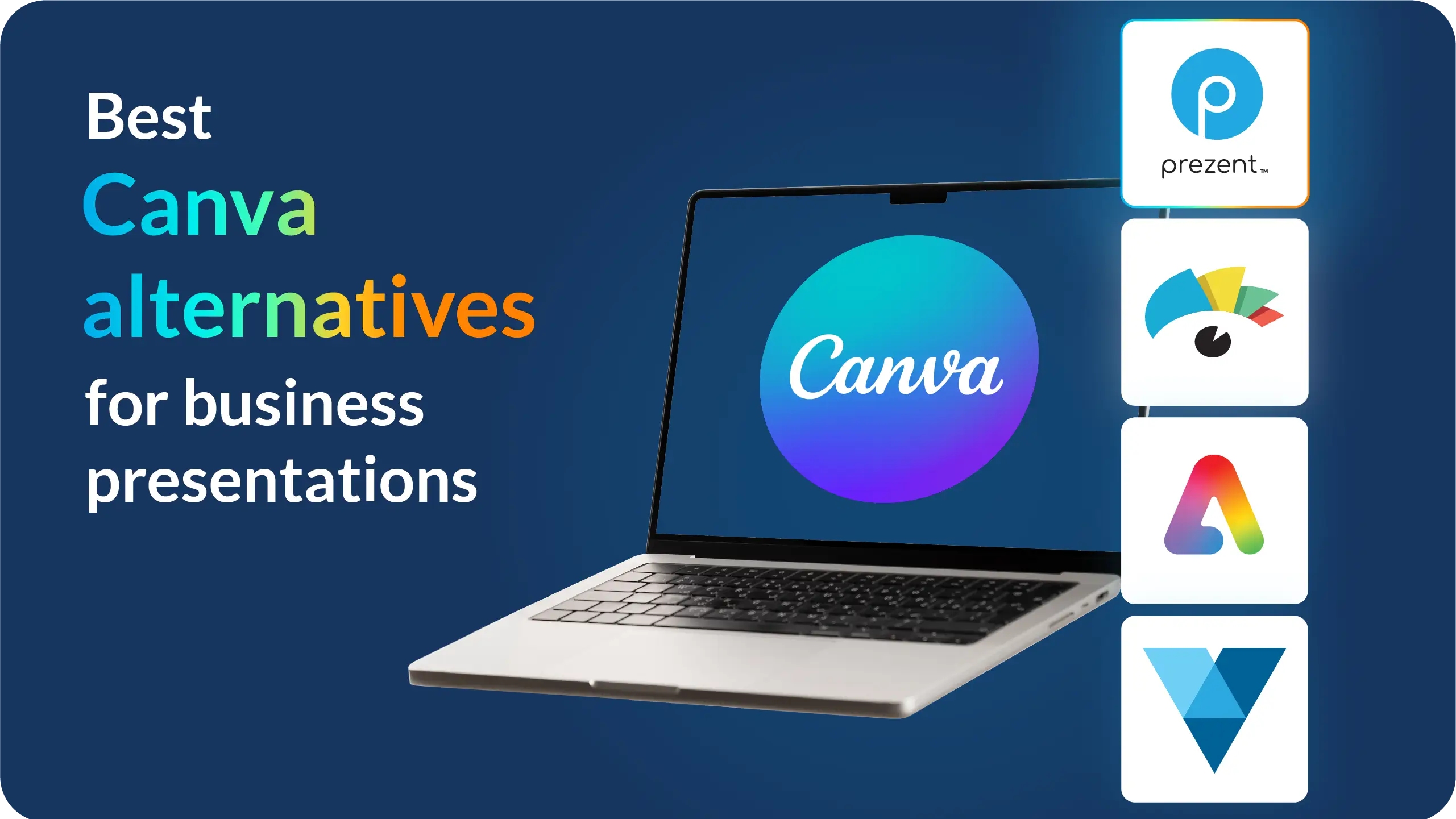
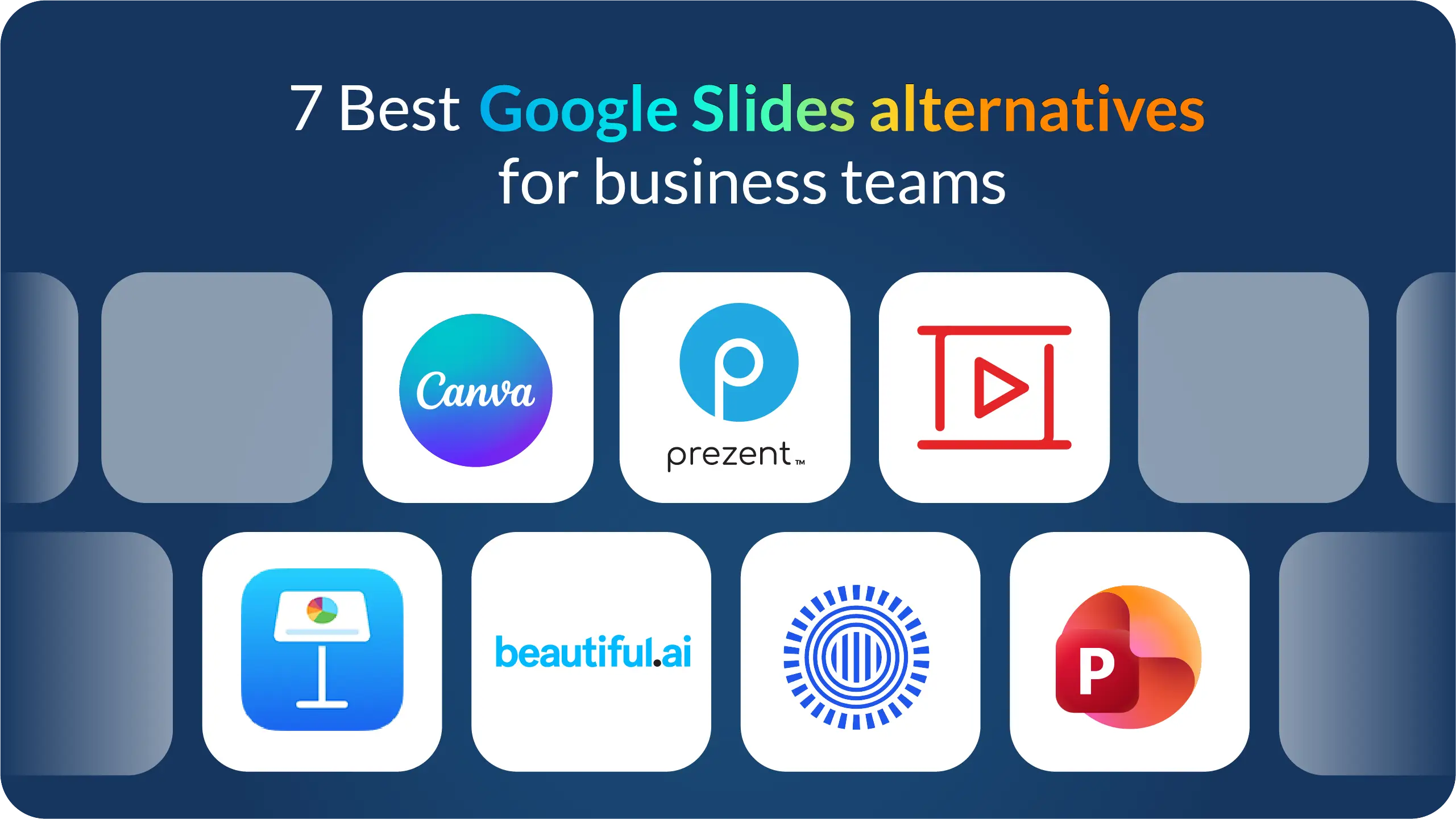
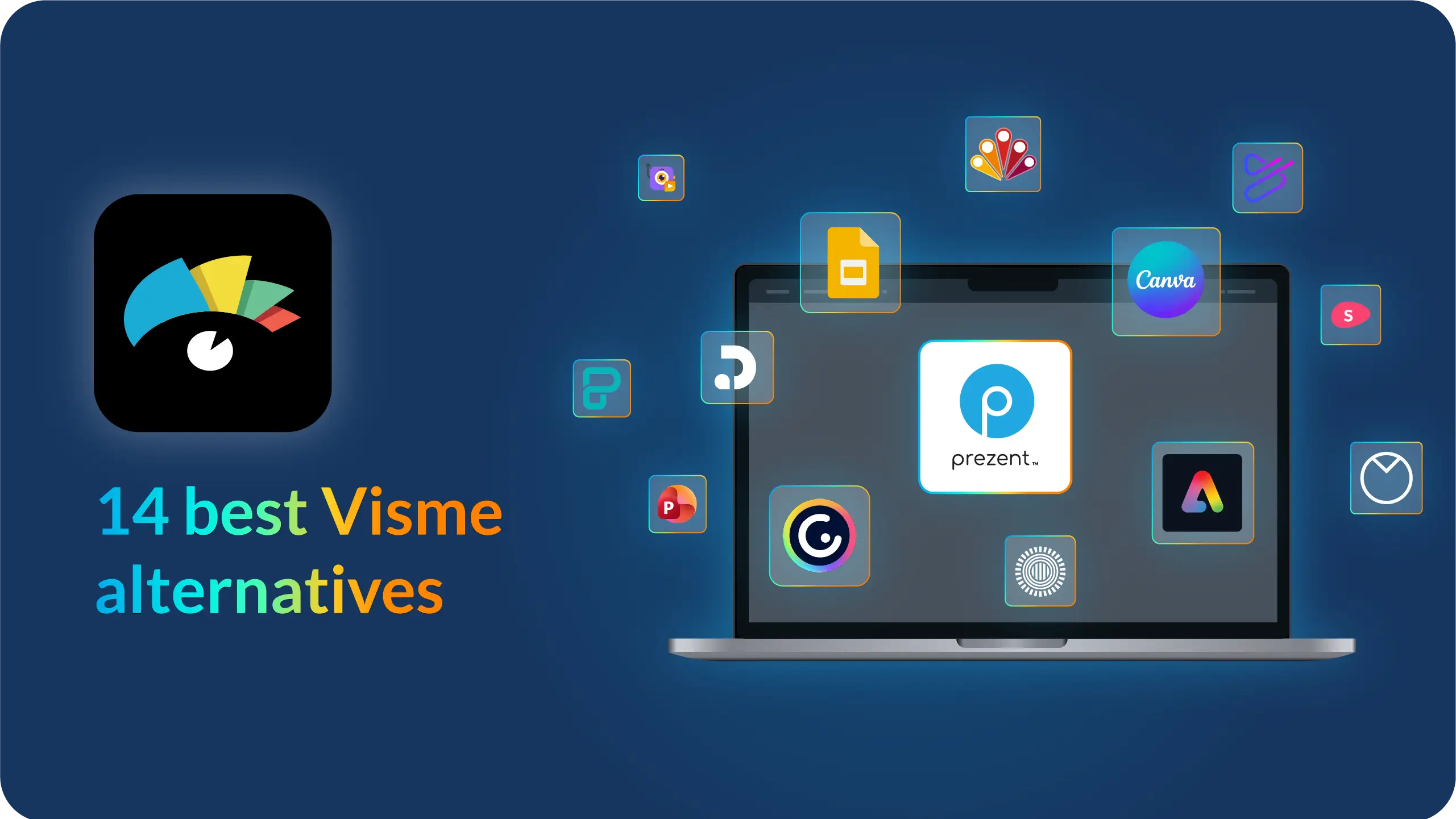
.png)
